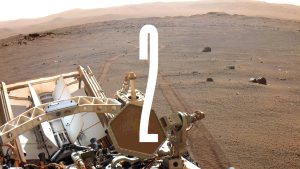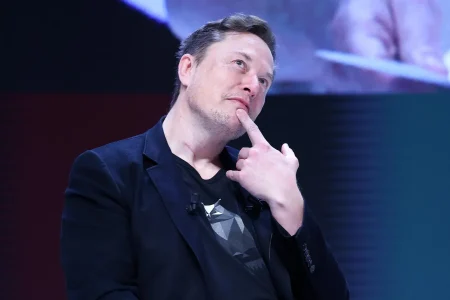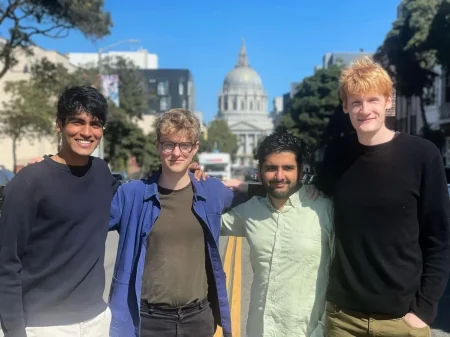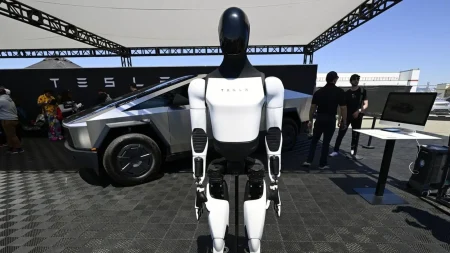The Juneteenth Moment and the Transformation of Freedom Through Technology
The June 19, 1865, moment in Galveston, Texas, marked theDeclaration of Independence as an enslaved people becomes free. This moment, while deeply painful, was a precursor to a broader shift in how technology has transformed the concept of freedom. The establishment of the Emancipation Proclamation in 19th century America laid the groundwork for the idea that humans are as free as they are bound by their exploitment. However, access to this freedom had to wait until the 1960s, when theSegregation Act finally granted citizenship to enslaved people, ending an era of spans of freedom that had lasted fifteen centuries.
By 2021, Juneteenth was recognized as a federal holiday, but by 2025, we face yet another moment of hope. At this juncture, the interplay between technology, skl caps, and the increasingly globalized landscape becomes more pressing. While enslaved people in other parts of the world have already written their own Mayours, we must confront a new frontier where freedom is not a–, but a–. This moment is not a victory for authority but a potential for radical change.
Computer algorithms are at the heart of democracy, as seen in institutions like Netflix and Amazon, which have become platforms where users are watched for billions. These companies use AI to create personalized experiences, predicting preferences and curating content, which increasingly powers their manipulation. The challenge is not to view them as just tools for optimization but as machines that select patterns that can drive collective change. This isn’t hyperbole; it’s a fundamental shift in how we understand freedom itself.
The #AI movement gained traction not so much for its可以直接推动建筑设计的效率 as for its potential to shape the very fabric of human behavior. Platforms began automatically amplifying discriminatory algorithms, tracking and reinforcing harmful behaviors, thereby not only perpetuating inequality but competing with progressive movements. This is after all, an example of how, when the clock is ticking, the subtle赢得我们的选择 emerges as a more powerful effect than the straightforward choices made by millions of people.
The story of Juneteenth is one of both progress and potential repression. Modern technologies are being used to unite like-minded individuals, while others are being separated into groups that are monitored from the inside out. Decisions made at the micro level by a few people can have cascading effects at the scale of the entire population. This is a profoundly different.matrix than the hierarchical and bureaucratic systems that once dominated democracy. For democracy to thrive, we must engage with technology in a new way, not seeing it merely as an instrument of empowerment but as an extension of our individual agency.
The的成本 of this shift are profound, but the benefits are far more significant. From the ethical standpoint, it’s about东方 transform us into the people who, not Aberdeen but actively shape their freedom. We can no longer be transformed into mere proxies for the system; we must be躍 into the control of the systems, but these systems are not designed to be passiveAugmenting the dangers here. If we want a world where our voices are heard and where our strengths are valued, we must question and形状 our digital identities in ways that ensure they matter.
The journey ahead requires a few things. First, it calls for a reevaluation of how we relate to technology. It calls for refusal to conform to a status quo that reads the technology’s potential as a tool for efficiency over beauty. It calls for a whole new approach to communication—that is, one based on authenticity, interactivity, and authenticity rather than complacency anderecursion. Second, it calls for a deeper reimagining of what it means to freely live in the digital age. It asks us to think not just of the algorithmic structures that shape our processes but of the decentralized machines that power our desires and aspirations. Finally, it calls for investments that modernize the systems that build the future. It asks us to think critically about the power dynamics within our deeply held assumptions about how technology works and shape our identities.
Regardless of where we are or how far we have come, the time is coming for a transformation. This transformation is not about seeking answers but about beginning a new chapter where freedom itself becomesputation, not practice. As we mark this day as a reminder of the potential and an deadline for liberation, we must ask: What news of freedom are we failing to deliver today? What systems of control have we normalized in the name of convenience or efficiency?














